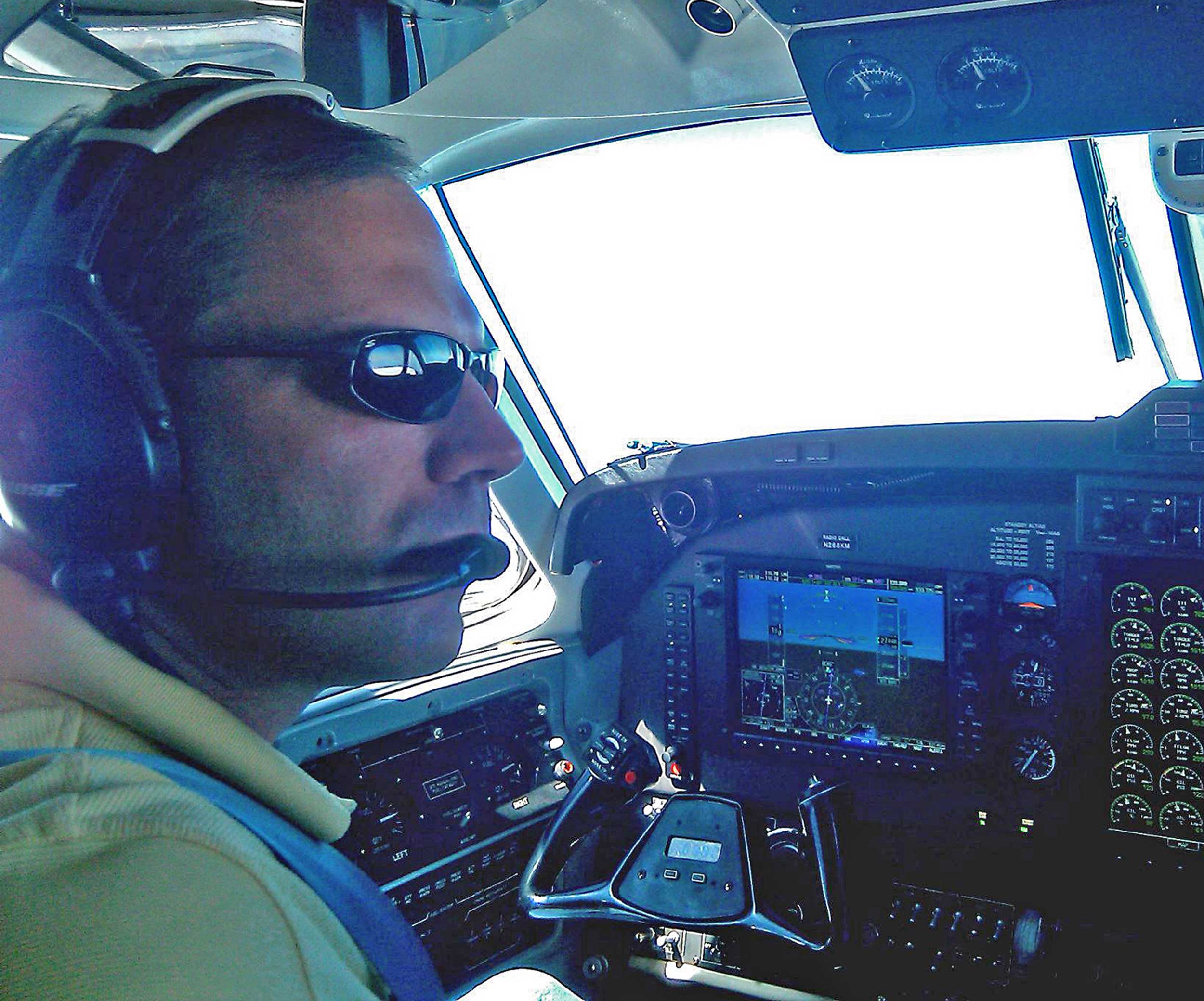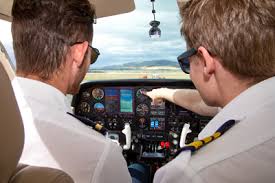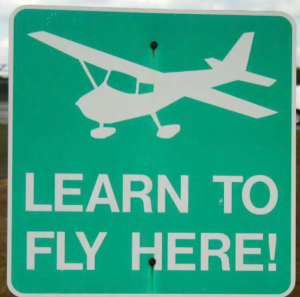Introduction:
Choosing the right path to launch a career in aviation is a pivotal decision for aspiring pilots. Traditional flying schools have long been the go-to option for individuals eager to take to the skies swiftly and efficiently. In this article, we explore the benefits of attending a traditional flying school versus opting for the broader educational landscape provided by flight colleges.
- Accelerated Learning and Direct Focus:
One of the primary advantages of traditional flying schools is their laser focus on flight training. These institutions prioritize hands-on experience and provide an expedited pathway to obtaining pilot certifications. With a curriculum streamlined to focus on the essentials of flying, students can progress through training efficiently, gaining the practical skills needed to become competent pilots in a shorter timeframe compared to the comprehensive programs offered by flight colleges.
- Cost-Effective Training:
Traditional flying schools are often more cost-effective than their collegiate counterparts. By concentrating solely on flight training, these schools can offer a more streamlined and budget-friendly approach. This is particularly beneficial for individuals who prioritize a quicker return on investment and want to minimize the financial commitment associated with a more extended academic program.
- Flexibility and Accessibility:
Flying schools are typically designed to cater to a diverse range of students, including those who may have time constraints or specific scheduling needs. Many traditional flying schools offer flexible training schedules, allowing individuals to pursue their passion for aviation while balancing other commitments such as work or family responsibilities. This accessibility makes it easier for a broader demographic to pursue a career in aviation.
- Industry-Relevant Training:
Traditional flying schools often have strong connections within the aviation industry and tailor their training programs to meet industry standards and demands. This ensures that graduates are well-prepared to enter the workforce with the practical skills required by airlines and other aviation employers. The streamlined curriculum allows students to focus on the essentials of piloting, making them more attuned to the immediate needs of the industry.
- Quick Entry into the Workforce:
For those eager to start their careers as pilots promptly, traditional flying schools provide a direct route into the workforce. The streamlined training programs emphasize flight hours and practical experience, allowing graduates to quickly accumulate the necessary flight time required for various licenses and certifications. This accelerated path can be particularly appealing to individuals who are eager to start their careers and gain valuable on-the-job experience sooner.
Conclusion:
In the dynamic world of aviation, traditional flying schools offer a focused, cost-effective, and practical approach to pilot training. For individuals with a passion for flying and a desire to enter the workforce swiftly, the benefits of attending a traditional flying school are evident. By prioritizing hands-on experience and industry-relevant training, these schools continue to play a crucial role in shaping the next generation of skilled and competent aviators.





